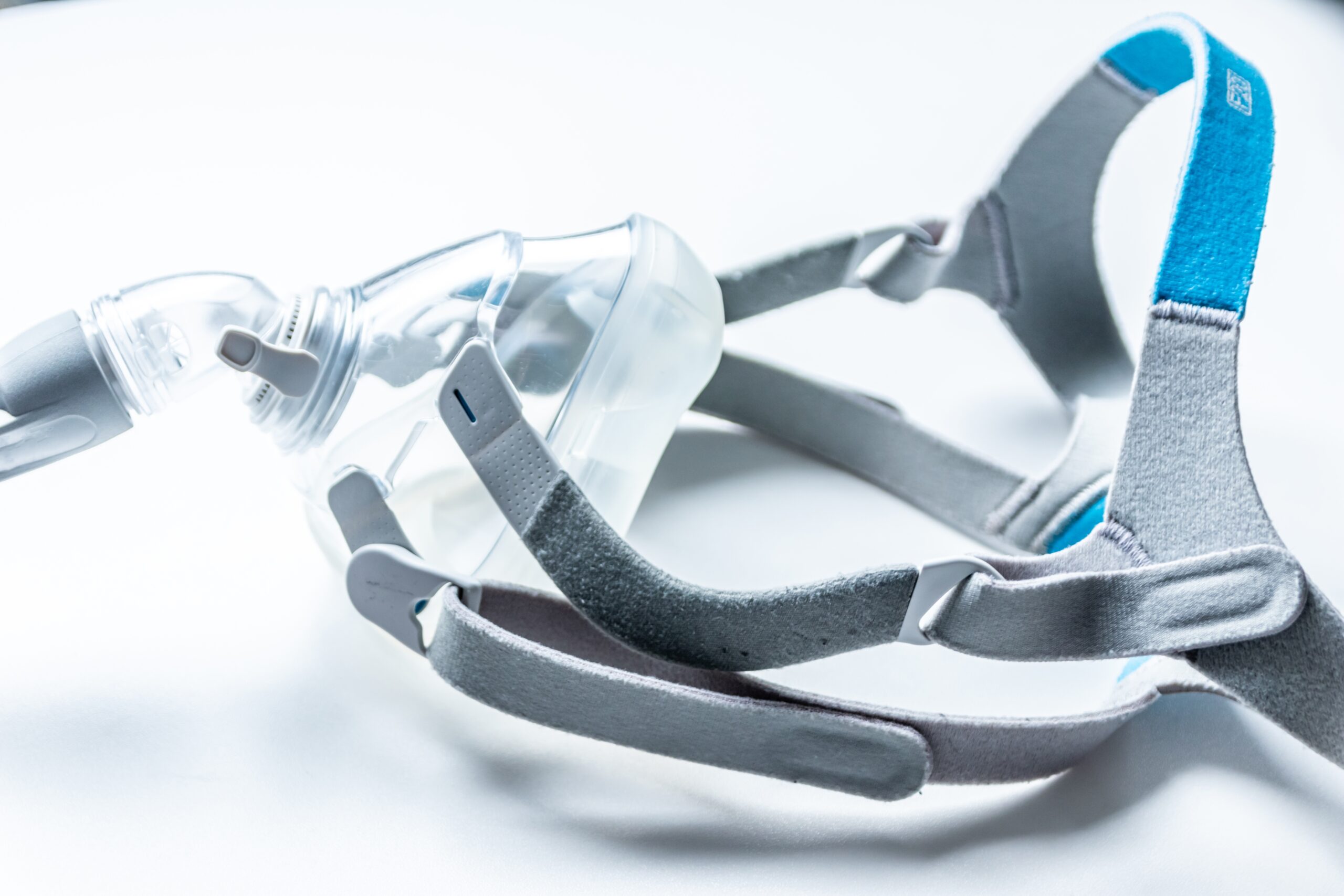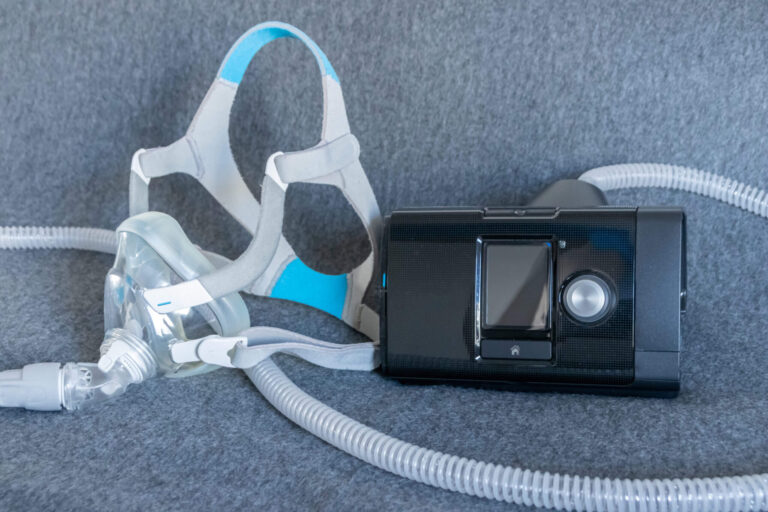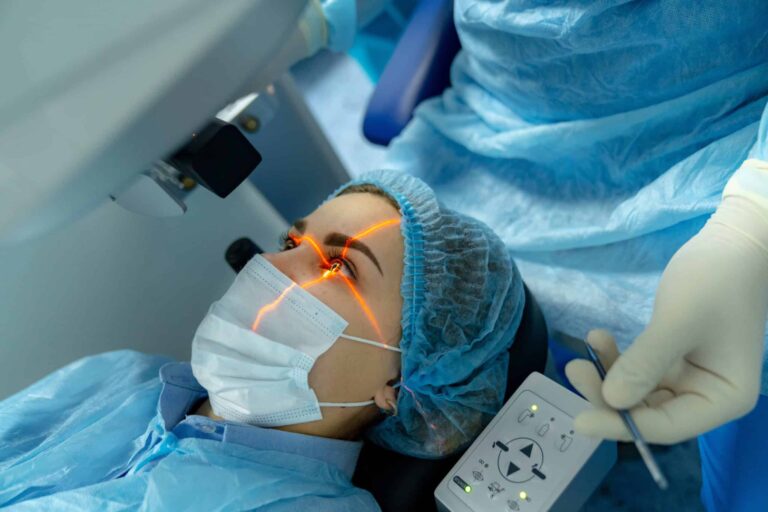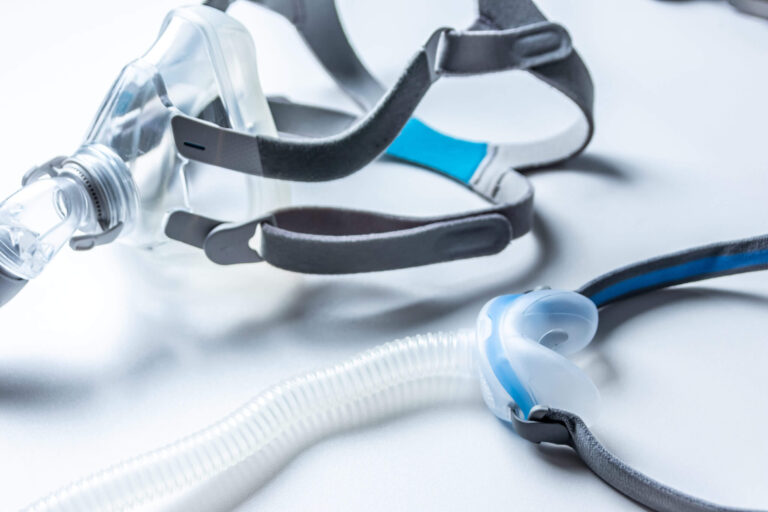Types of CPAP Masks: Choosing the Best Option for Your Sleep Needs
Are you struggling with sleep apnea? Continuous Positive Airway Pressure (CPAP) therapy can significantly improve your sleep quality and overall well-being. CPAP masks are an essential part of this treatment, ensuring that you receive the necessary air pressure to keep your airways open throughout the night. With numerous options available, it’s crucial to find the CPAP mask that best suits your sleep needs and preferences. In this article, we’ll explore the different types of CPAP masks, discuss factors to consider when choosing one, and address common challenges that CPAP users may face.
Understanding CPAP Therapy and Its Importance
Sleep apnea is a serious sleep disorder characterized by interruptions in breathing during sleep. It can lead to fatigue, daytime drowsiness, and even serious health conditions if left untreated. CPAP therapy works by delivering a constant stream of air pressure through a mask, keeping your airways open and allowing you to breathe freely throughout the night. This treatment method is highly effective in improving sleep quality and reducing the symptoms associated with sleep apnea.
The Role of CPAP in Sleep Apnea Treatment
CPAP therapy is considered the gold standard for treating sleep apnea. By providing a consistent flow of pressurized air, CPAP masks prevent the collapse of your airway, ensuring a constant supply of oxygen. This not only improves your sleep quality but also reduces the risk of complications associated with sleep apnea, such as high blood pressure and cardiovascular problems. CPAP therapy is unmatched in its ability to restore restful sleep and enhance overall well-being.
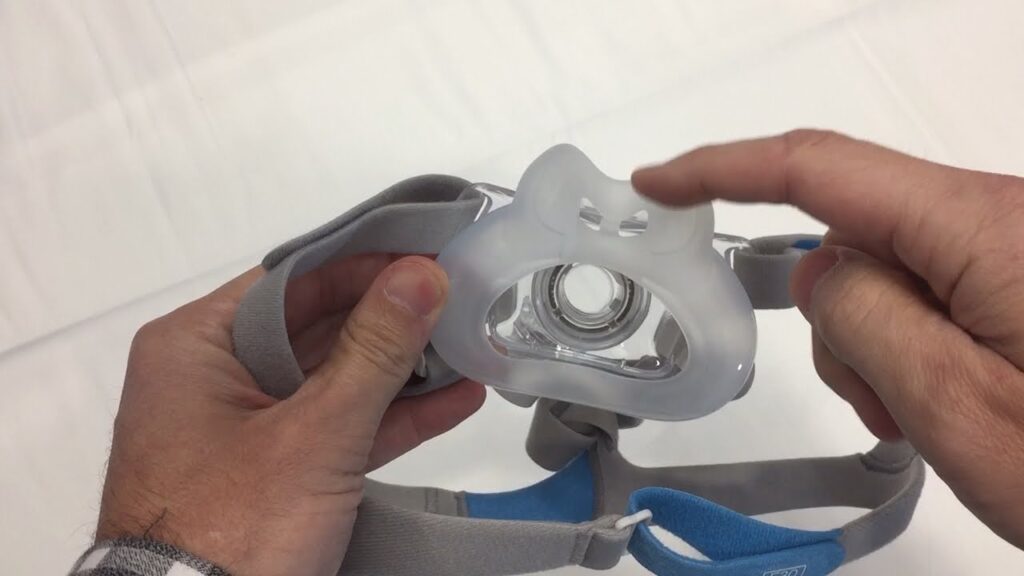
How CPAP Therapy Improves Sleep Quality
Sleep apnea disrupts the normal sleep cycle, leading to fragmented sleep and poor sleep quality. CPAP therapy helps to restore healthy sleep patterns by eliminating apneas and hypopneas. With a CPAP mask, you’ll experience uninterrupted sleep, allowing you to wake up refreshed and rejuvenated. By improving the quality of your sleep, CPAP therapy can have a positive impact on your mood, cognitive function, and overall quality of life.
One of the key benefits of CPAP therapy is its ability to address the underlying causes of sleep apnea. While other treatment options may provide temporary relief, CPAP therapy directly targets the obstruction in the airway, ensuring that you receive a constant flow of oxygen throughout the night. This not only prevents interruptions in breathing but also helps to reduce the strain on your heart and other vital organs.
Furthermore, CPAP therapy is a non-invasive and safe treatment option for sleep apnea. Unlike surgical interventions or medications, CPAP therapy does not carry the risk of complications or side effects. It is a simple and effective solution that can be easily incorporated into your nightly routine. With regular use, CPAP therapy can significantly improve your sleep quality and overall well-being.
An Overview of Different CPAP Masks
CPAP masks come in various styles, each designed to accommodate different preferences and sleep requirements. Understanding the options available can help you make an informed decision when choosing the CPAP mask that best suits you. Let’s explore the three main types of CPAP masks: Nasal CPAP masks, Full Face CPAP masks, and Nasal Pillow CPAP masks.
Nasal CPAP Masks
Nasal CPAP masks cover your nose and are an excellent choice if you breathe through your nose during sleep. They are lightweight, comfortable, and provide a secure seal to prevent air leaks. Nasal CPAP masks are ideal for individuals who experience claustrophobia or feel restricted by full face masks. They allow for a wide field of vision, making them suitable for those who enjoy reading or watching television before falling asleep.
One of the key advantages of nasal CPAP masks is their ability to maintain a consistent pressure throughout the night. The design of these masks ensures that the pressurized air is delivered directly to your nasal passages, promoting effective therapy. Additionally, the lightweight nature of nasal CPAP masks makes them less likely to cause discomfort or leave marks on your face after extended use.
Full Face CPAP Masks
Full Face CPAP masks cover both your nose and mouth and are recommended if you breathe through your mouth or tend to sleep with an open mouth. With a full-face mask, you’ll receive the necessary airflow to keep your airways open, regardless of your breathing patterns during sleep. These masks are particularly beneficial for individuals with nasal obstructions or frequent allergies that may cause nasal congestion.
One notable feature of full face CPAP masks is their ability to accommodate different sleeping positions. Whether you prefer sleeping on your back, side, or stomach, these masks ensure that you receive the required therapy without compromising comfort. The wider coverage of full face masks also helps to minimize air leaks, ensuring that the pressurized air is effectively delivered to your airways.
Nasal Pillow CPAP Masks
Nasal Pillow CPAP masks are the smallest and most minimalist option available. They feature small cushions that seal around your nostrils, providing a direct delivery of pressurized air. These masks are incredibly lightweight and comfortable, making them a popular choice for those who dislike the feeling of bulkier masks. Nasal pillow masks are also a great option for stomach sleepers or individuals with facial hair.
One of the advantages of nasal pillow CPAP masks is their minimalistic design, which allows for a greater sense of freedom and less interference during sleep. The small cushions that seal around your nostrils provide a secure fit while allowing for a more natural airflow. This can be especially beneficial for individuals who find it challenging to adjust to the sensation of wearing a mask. Additionally, the compact size of nasal pillow masks makes them an excellent option for individuals who travel frequently, as they are easy to pack and carry.
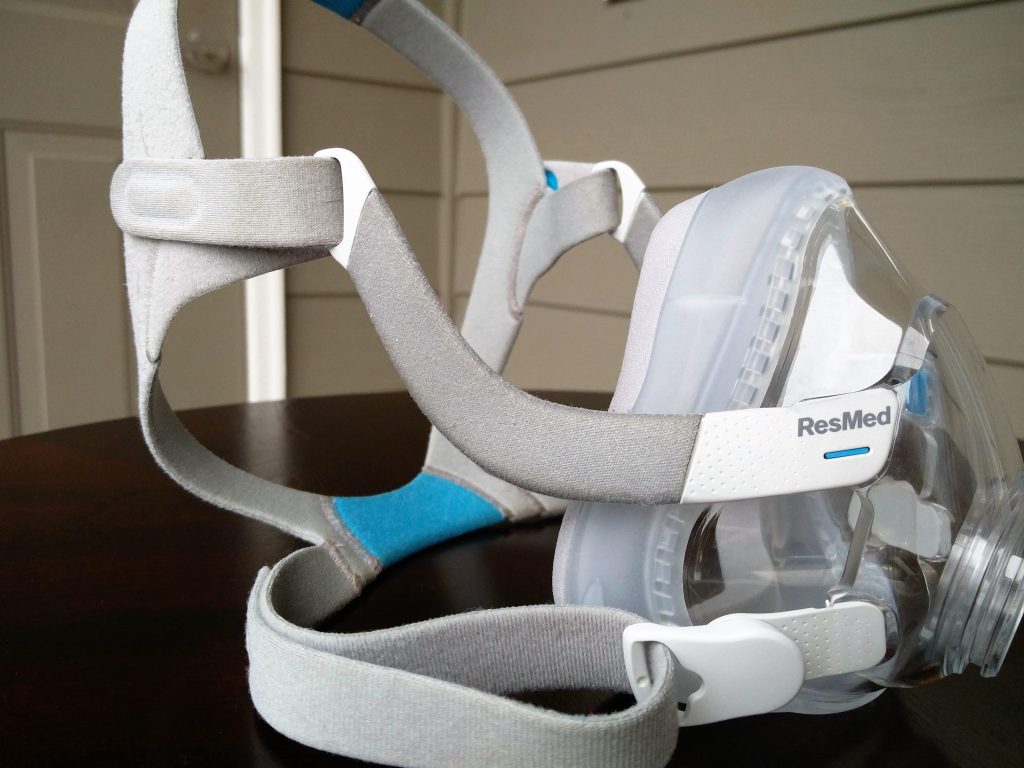
Factors to Consider When Choosing a CPAP Mask
When selecting a CPAP mask, several factors should be taken into consideration to ensure a comfortable and effective fit.
Choosing the right CPAP mask is essential for individuals with sleep apnea to receive the proper air pressure needed for uninterrupted sleep. Apart from comfort and fit, there are other crucial aspects to consider when selecting a CPAP mask that suits your needs.
Comfort and Fit
A well-fitting CPAP mask is crucial for comfortable and effective therapy. Look for masks with adjustable straps and headgear to achieve a customized fit. Ensure that the mask doesn’t cause any pressure points or discomfort, as this can interfere with your sleep. Trying different masks and consulting with your healthcare provider can help you find the one that feels most comfortable for your face shape and size.
Moreover, some CPAP masks come with additional features such as memory foam cushions or gel inserts to enhance comfort and reduce skin irritation. These innovative designs aim to provide a snug fit while minimizing leaks, ultimately improving the overall CPAP experience for users.
Your Breathing Style
Your breathing style during sleep plays a significant role in determining the type of CPAP mask that will work best for you. If you primarily breathe through your nose, nasal or nasal pillow masks are suitable options. However, if you tend to breathe through your mouth, a full face mask is recommended to ensure proper air pressure delivery.
For individuals who experience congestion or allergies that affect their breathing patterns, CPAP masks with integrated humidification systems can help alleviate nasal dryness and congestion, promoting better breathing and overall comfort during therapy.
Mask Material and Durability
Consider the durability and maintenance requirements of the CPAP mask. Opt for masks that are easy to clean and maintain to ensure long-lasting usage. Masks made from lightweight and hypoallergenic materials can offer added comfort and prevent skin irritation during extended periods of use.
Furthermore, advancements in CPAP mask technology have led to the development of masks with noise reduction features, making them quieter during operation and less disruptive to both the user and their sleep partner. These noise-reducing masks are designed to provide a peaceful sleeping environment while ensuring effective therapy for individuals with sleep apnea.
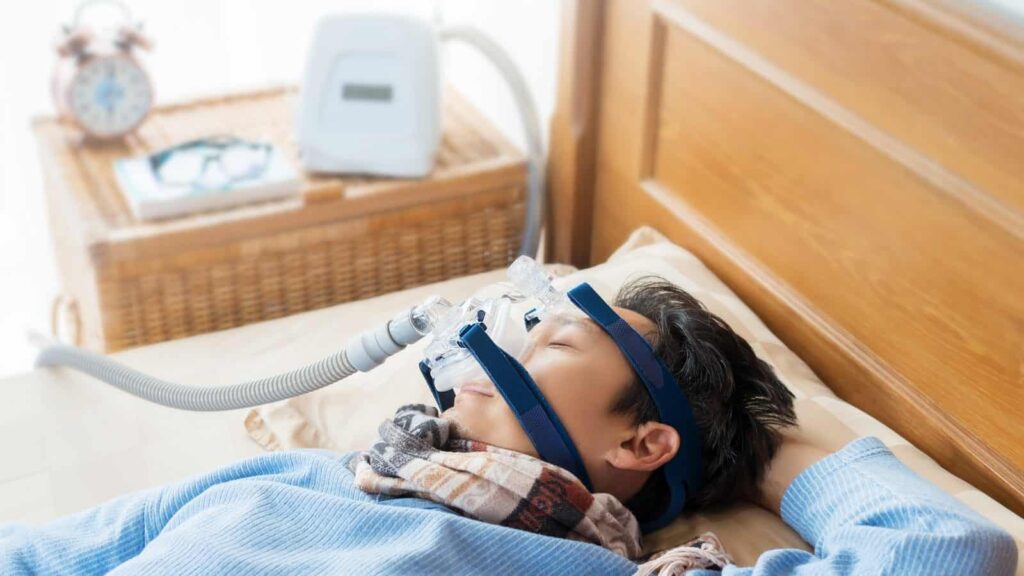
Common Challenges with CPAP Masks and How to Overcome Them
While CPAP therapy is highly effective, some users may encounter challenges when using their masks. It’s important to address these issues promptly to ensure optimal therapy outcomes.
Dealing with Mask Discomfort
If you experience discomfort or pressure sores from your CPAP mask, try adjusting the straps or headgear for a better fit. Additionally, using mask pads or cushions can alleviate discomfort and improve mask stability. Regularly clean your mask to ensure a hygienic and irritation-free experience.
When it comes to mask discomfort, it’s essential to find the right balance between a snug fit and comfort. Remember that everyone’s face shape and size are unique, so it may take some trial and error to find the perfect fit. Don’t be discouraged if it takes a few adjustments to achieve maximum comfort.
Addressing Air Leaks
Air leaks from your CPAP mask can lead to reduced therapy effectiveness and increased noise. To address air leaks, ensure that your mask is properly adjusted to fit snugly against your face. Replace worn-out mask cushions or nasal pillows to maintain a secure seal. Consult your healthcare provider if air leaks persist, as they may suggest alternative mask options.
It’s important to note that air leaks can occur for various reasons, such as incorrect mask size, facial hair, or even changes in weight. If you notice persistent air leaks, don’t hesitate to reach out to your healthcare provider. They can provide valuable insights and help you troubleshoot the issue.
Managing Skin Irritation
Skin irritation can occur due to prolonged mask usage or allergies to certain materials. Keep your skin clean and moisturized to minimize irritation. If you experience skin-related issues, consider using hypoallergenic mask liners or exploring masks made from different materials. Remember to regularly clean your mask and headgear to prevent the accumulation of bacteria and allergens.
When it comes to managing skin irritation, prevention is key. Taking proactive steps, such as using gentle cleansers and moisturizers, can help maintain healthy skin. Additionally, be mindful of any allergies you may have and opt for masks that are specifically designed for sensitive skin.
Choosing the right CPAP mask is crucial for successful sleep apnea therapy. Consider your sleep habits, breathing style, and personal preferences when selecting a mask. Consult with your healthcare provider, who can guide you in making an informed decision and offer recommendations based on your individual needs. By finding the CPAP mask that suits you best, you’ll be on your way to enjoying restful nights and rejuvenated days.
Related: Tips for Adjusting to Your CPAP Mask

